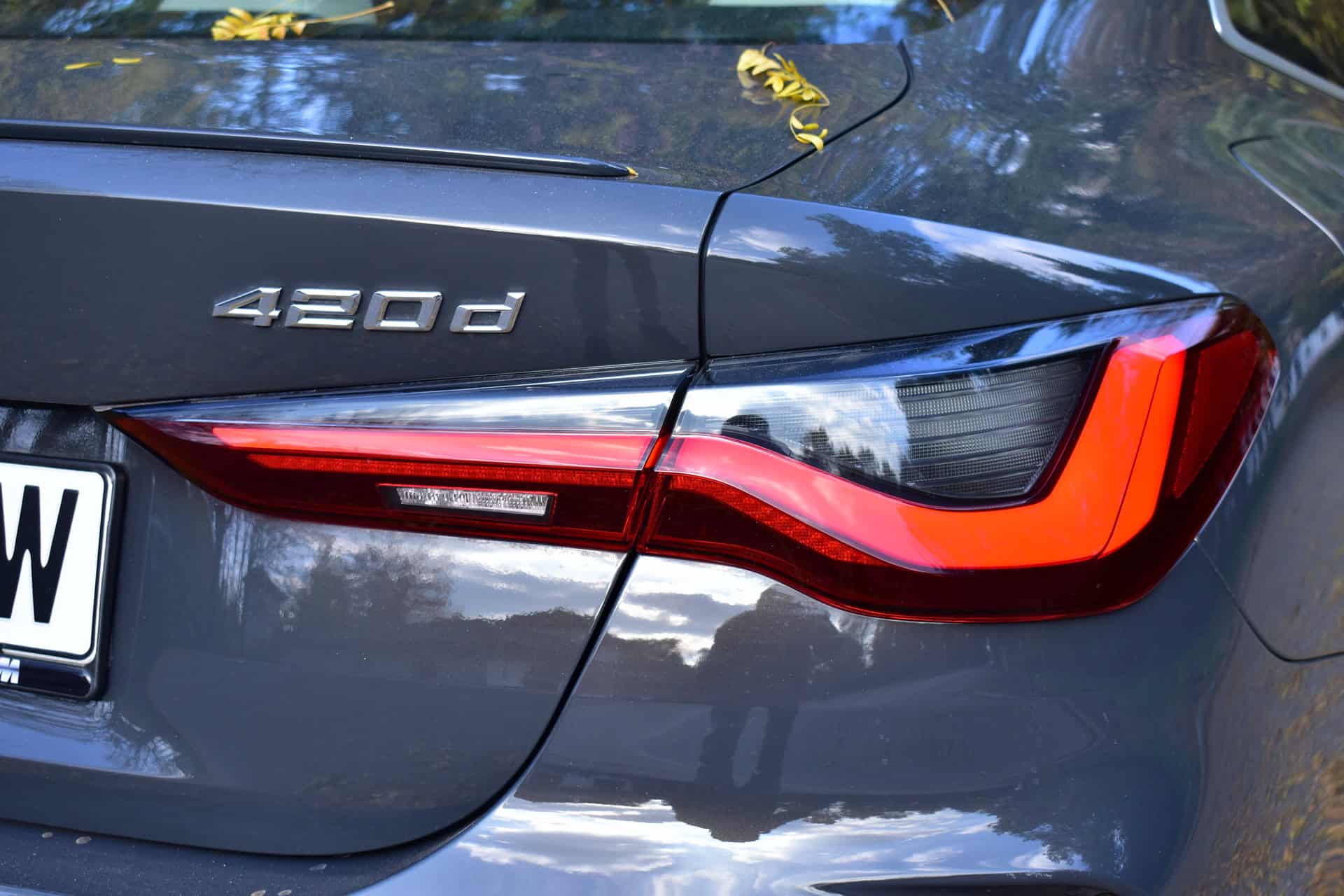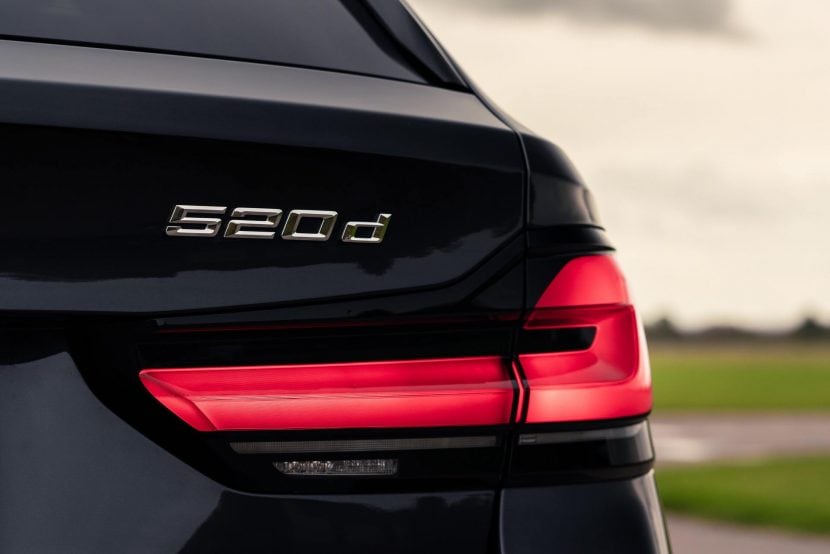Sales figures published by the European Automobile Manufacturers’ Association for 2022 showed demand for diesel dropped by 19.7% to 1.5 million units. According to the same ACEA, the market share for diesel-fueled vehicles went down by 3.1% last year to 16.4%. With that in mind, it’s no wonder BMW has simplified its diesel offerings in the United Kingdom to reflect dwindling sales.
Autocar reports the 118d and 120d xDrive have been discontinued, along with the 220d Coupe and all X2 variants powered by a diesel engine. The latter’s demise isn’t surprising considering that production of the compact crossover-coupe ended last year, but a replacement is on the way. BMW UK has also pulled the plug on the 420d, 430d, and M440d, while the 520d xDrive and 530d xDrive have been axed as well. Time will tell whether these 5 Series diesel models will return with the upcoming G60-generation model debuting before summer.
Of all the models mentioned above, the 118d was the most popular, with 1,326 cars sold in 2021. However, demand plummeted to just 505 units in 2022. Last year, only 34 bought an X2 xDrive18d. The sole diesel 5 Series on sale is the rear-wheel-drive 520d, which accumulated 2,084 sales last year (up from 1,644 cars in 2021).
BMW UK’s decision to streamline its lineup goes beyond diesel cars as the 430i has also been terminated. That’s despite the fact sales tripled to 1,250 examples in 2022 compared to the year before. It bridged the gap between the 420i and M440i, which are sticking around.
In an e-mail sent to Autocar, a spokesperson for BMW UK said:
“BMW continually monitors consumer demand across models to ensure we have a product offering that is relevant and reflective of our customer’s needs. Changes to our line-up reflect evolving market demands, and by removing lower-volume variants, we ensure BMW offers variety for our customers whilst improving their order experience.”
According to an analysis conducted by Bloomberg, global sales of new ICE-powered cars peaked in 2017 and they will never return to pre-pandemic levels. With stringent emissions regulations coming later this decade, that makes sense. The Euro 7 standard is likely to make gasoline and diesel vehicles more expensive, thus accelerating the transition to EVs.



















































